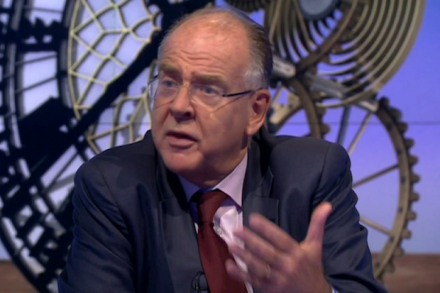Corbyn’s democracy
The virtuous Mr Corbyn is insisting that New Old Labour should return to its traditional republican ways and take decisions ‘democratically’. The emperor Tiberius (ad 14–37) tried this one and it did not work. The first Roman emperor Augustus agreed to his stepson Tiberius’ accession only because death had cheated him of all his preferred options. The problem was that Tiberius’ heart was not really in it. A man with republican sympathies, he seemed to be keen to persuade the senate to return to involvement in the full process of ‘democratic’ rule and decision-making, duties which that body had embraced for nearly 500 years under the republic, but which Augustus



















